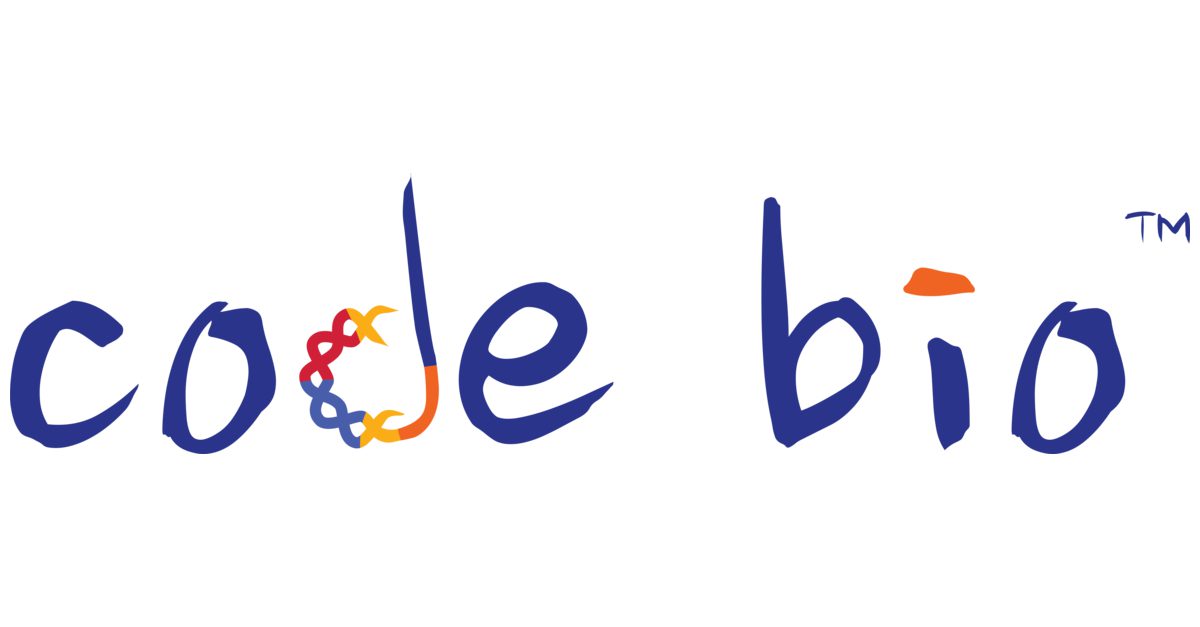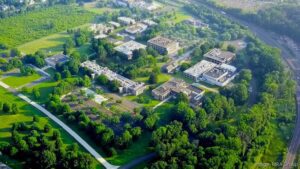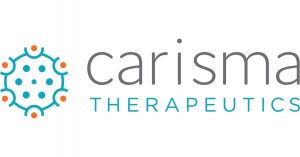
Gene Therapy Startup Code Bio Nabs $10 Million in Seed Funding to Tackle DMD, T1D
Code Biotherapeutics, a gene therapy company taking aim at rare diseases such as Duchenne Muscular Dystrophy, launched into the Greater Philadelphia gene therapy epicenter with $10 million in seed financing.
Based in Hatfield, Penn., a suburb of Philadelphia, Code Biotherapeutics is leveraging its novel targeted non-viral gene delivery platform at rare and prevalent genetic diseases. The company’s proprietary synthetic DNA-based vector, dubbed 3DNA, has demonstrated the potential to deliver genes of all sizes to multiple cell types as a re-dosable therapy. According to the company, this re-dosable therapy enables utility across a broad range of genetic disorders, including Duchene Muscular Dystrophy and Type 1 diabetes. Code Bio’s 3DNA platform has been engineered to overcome challenges that are inherent with viral-based gene therapies, including immunogenicity, size and delivery limitations, re-dosability, and manufacturing complexity.
Brian P. McVeigh, co-founder, chairman and chief executive officer of Code Biotherapeutics, said the $10 million in financing will allow the company to “rapidly deliver on the promise” of its novel non-viral gene therapy approach against these diseases.
Duchenne Muscular Dystrophy is a severe degenerative muscle disease that impacts about one in 5,000 boys per year across the globe. The disease causes a progressive loss of muscle strength attributable to a loss of a protein called dystrophin, which normally protects muscle fibers from breaking down. Currently, there are three therapies approved by the U.S. Food and Drug Administration for DMD. Each of the therapies are aimed at a subset of the patient population. The three current treatments on the market, two from Sarepta Therapeutics and one from NS Pharma that was recently approved, are all exon-skipping treatments, meaning the therapies allow for a skipping of the exons that cause the mutation.
Code Bio said the current therapies rely on AAV delivery of truncated dystrophins, which vary among patients depending upon their mutational status. The use of AAV is not re-dosable and can lead to serious toxicities, the company said. Code Bio’s DMD program is focused on overcoming the key limitations of other gene therapy approaches, the company noted on its website.
Type 1 diabetes, the company’s other initial target, is an autoimmune disease in which insulin-producing cells in the pancreas are mistakenly destroyed by the body’s immune system. Code Bio is working with the Juvenile Diabetes Research Foundation to explore RNA silencing and tissue remodeling as therapeutic approaches to this disease.
In addition to DMD and T1D, the startup company is also actively engaging in partnership discussions in strategic areas of interest.
Code Bio will certainly be a welcome addition to the Greater Philadelphia region, which has become an area of increasing importance as a world-leading Cell and Gene Therapy Cluster. The area is home to a number of key companies, including Roche subsidiary Spark Therapeutics, Amicus Therapeutics, and Achillon Pharma. In all, there are already more than 30 cell and gene therapy companies in the region, with several of them also taking aim at rare diseases. With Code Bio, that number continues to grow, lending greater weight to the region’s nickname of Cellicon Valley. In addition to the number of companies in the region, there has also been an influx of financing for cell and gene therapy companies. During the first quarter of 2021, more than $2.9 billion was invested in Philadelphia area cell and gene therapy companies.
Code Bio’s $10 million seed financing was co-led by 4BIO Capital and UPMC Enterprises. Other participants in the funding round included the advocacy group CureDuchenne Ventures, as well as JDRF T1D Fund, New Enterprise Associates, and Takeda Ventures, Inc.
Debra Miller, founder and CEO of CureDuchenne, said they value all efforts from the biopharmaceutical industry to tackle DMD.
“We particularly welcome technologies like Code Bio’s 3DNA platform, which aims to overcome current limitations in viral gene delivery. As a mom of a young man with Duchenne, I remain laser-focused on how to improve and extend access to promising therapeutic approaches, and I know the same is true for all of the parents in the Duchenne and T1D communities. We are thrilled to invest in a promising startup company like Code Bio that has the potential to provide transformative benefit to those suffering from Duchenne, T1D, and other rare diseases.”






